

In July 2022, a serious railway accident occurred in China. A passenger train was driving out of a tunnel exit when it hit a mudslide that had invaded the tracks due to a collapse, causing the train to derail.
The driver of the moving train took emergency braking measures within five seconds after noticing the track anomaly, and the train skidded for over 900 metres before eventually entering the station at low speed. However, the front end of the train was severely damaged as it crashed into the station platform. The driver of the moving train was tragically killed in the line of duty.
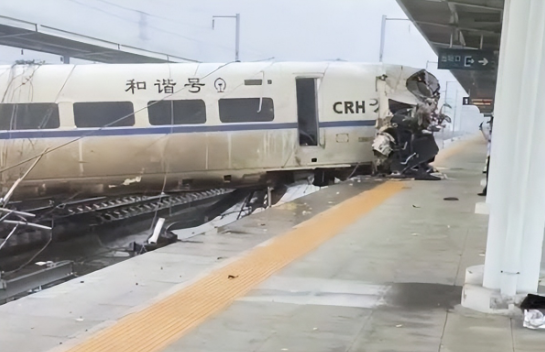
train hits platform
Several factors led to the accident: train speed, heavy rain, and mudslides caused by flood seasons.
Railway flood hazards are already a key concern for transport departments around the world. Flood-triggered mudslides can cause dangers to train operations if they penetrate the tracks.
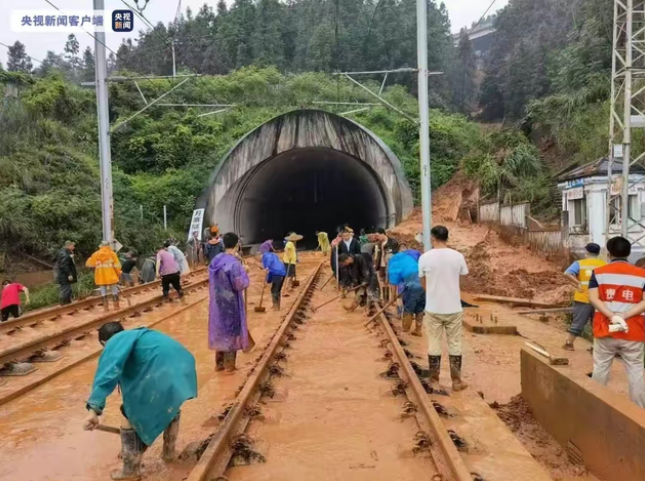
Handling mudslides on railways
Normally, railway track inspectors regularly check the tracks and report any mudslides and other dangerous conditions as soon as they are detected, and arrange emergency repairs. The railway regulation and control system will also arrange for trains to stop or delay their departure to avoid accidents.
However, this flood secondary disaster happened so suddenly that the railway track inspectors were unable to notice the unexpected situation in time.
It was reported that a train had passed through the tunnel safely ten to twenty minutes before this train, which suggests that the collapse took place within such a short interval.
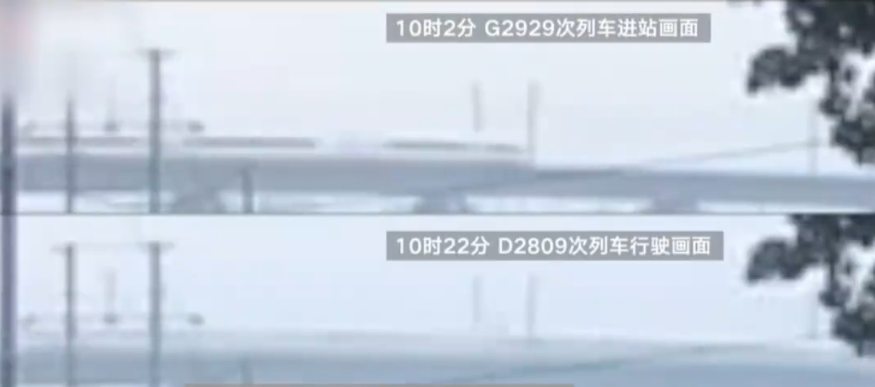
Surveillance screen of the front and rear trains
In addition, as the light outside the tunnel is strong and the interior is dark, when the train is driving out of the tunnel, the tunnel exit is initially seen as a shiny white hole and one cannot see anything other than the hole, resulting in temporary blindness, known as the "white hole effect".
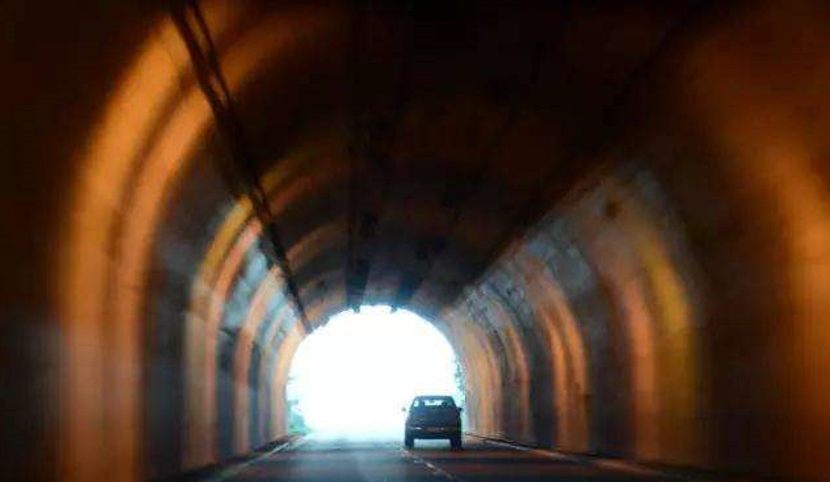
"white hole effect"
For the sudden appearance of mudslides at the tunnel exit, it is difficult for the train driver to use his naked eyes to make a prediction.
The crash of the moving train into a mudslide has happened. It has also happened that the driver of the moving train fought to ensure the safety of the passengers on board at a cost of his own life in the face of danger.
The warning this accident giving us is that accidents always occur due to numerous coincidences.
Railway track inspectors are not able to monitor railway accidents with a response time of seconds. Therefore, intelligent technology applications for track safety monitoring and protection become necessary.
Compared to cameras and personnel monitoring, lidar can sense more subtle environmental changes, provide more refined data and achieve a faster response.
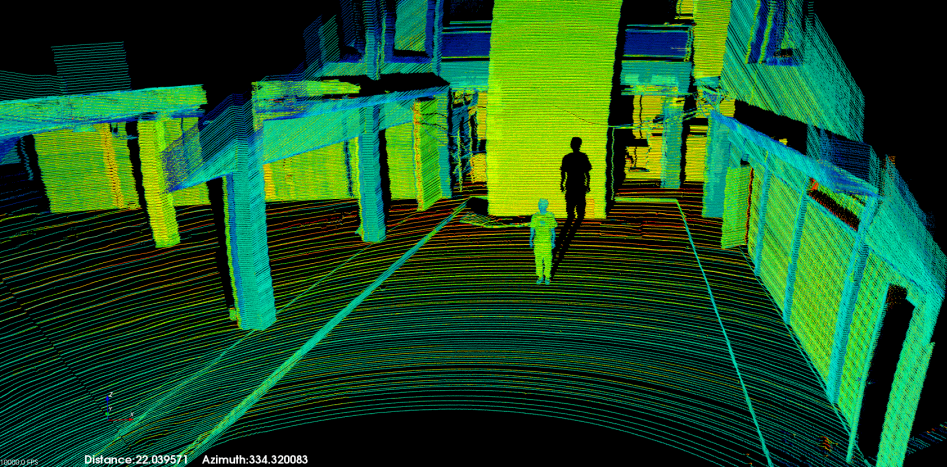
High-precision 3D point cloud effect of lidar
Based on the current demand for railway safety protection, LSLiDAR has in-house developed the Railway Intrusion Monitor System, with both fixed-point and vehicle-mounted solutions, both of which use lidar as a detection sensor for three-dimensional sensing.
This railway accident was caused by a sudden mudslide during the flood season. For this kind of hidden danger of flood season disasters happening in many places at multiple periods, the fixed-point road monitor system of lidar can detect the landslide trend and intrusion to the track in real time, which is more suitable for preventing the hidden danger of track caused by geological disasters or secondary disasters.
This system is based on lidar’s high performance to quickly, accurately and massively obtain the point cloud data of foreign objects appearing in the protected area. By pre-processing the point cloud data and matching with the visual sensor, the volume and position of obstacles can be precisely captured in real time, and warning signals of the dangers are promptly sent to the driver through terminal display software or alarms, so as to effectively avoid accidents.

Intelligent monitoring system for foreign body intrusion limit of road end track
There are two key points in rail safety monitoring, one is the accuracy and precision of target monitoring, and the other is the response speed.
LSLiDAR’s lidars perform remarkably in sensing tiny objects. Even at a detection distance of 200 meters, the lidar can still perceive small objects of 20 x 20 cm effectively. The resolution reaches 0.03° x 0.05°, presenting 5~6 stable point cloud pixel points.
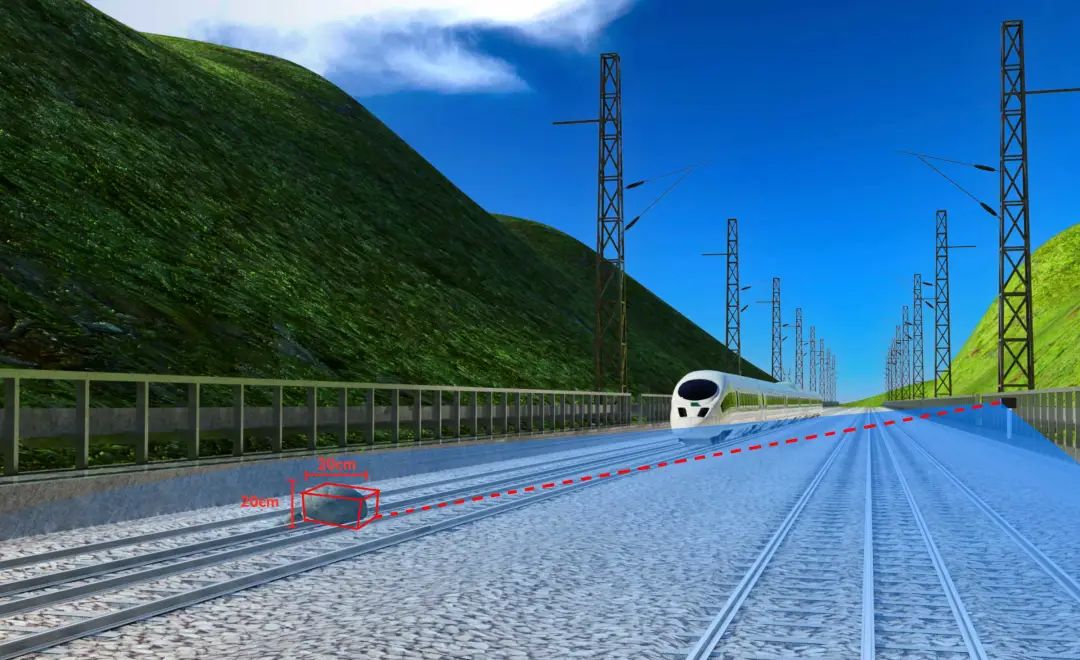
Efficient perception of small objects
In terms of response speed, the lidar's ultra-fast scanning frequency allows the track monitoring result to be reported in as little as 1 second, reaching a true second-level response.
The maximum speed of the crashed train is 250 km/h. According to the on-board data, the train was travelling at over 160 km/h on the accident section.
If there is a set of fixed-point monitoring system at the tunnel portal and other high-risk sections, once the lidar detects the trend of mudslides, it will immediately feed back to the train driver and the railway regulation and control platform, which will give them more time to make responses.
The ability to race against time and make emergency responses at critical moments to ensure safety on the road is the reason why LSLiDAR continues to increase the detection distance, improve detection accuracy and speed up system response.
For the lives lost and the huge economic losses due to railway accidents, instead of reflecting after each accident, we should take precautions before they happen. Only by putting prevention into practice can we minimise the damage to our country and people.





